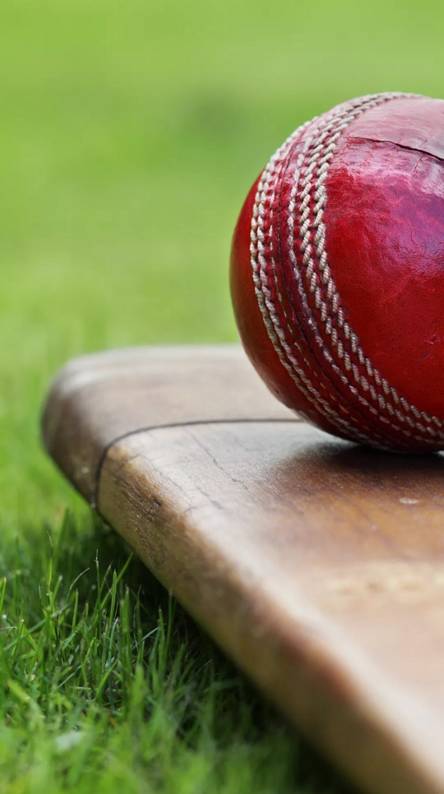South Africa winning the first Test against England several weeks ago was, we now know, a mirage.
It made us believe that with the right men in charge after a summer of discontent, local cricket would be okay. The Proteas would come right, all would be hunky-dory.
That’s the trouble with false dawns. They give us an imagined sense that everything will be fine, but beneath the veneer the problems remain.
Wounded England roared back and savaged the Proteas, exposing the fault lines that run deep.
There are technical failings, failings of leadership and problems with attitude. No-one should be surprised by this.
Much of this is a consequence of SA cricket being hollowed out. Kolpak – the free movement ruling, where UK-based South Africans, among others, are not considered overseas players – and the enticing financial packages offered by England county teams to SA players young and old are an irresistible lure. Dozens of local cricketers have decamped to the UK, among them Simon Harmer, the best off-spinner in the UK.
In recent months both Mark Boucher, the Proteas coach, and Faf du Plessis, the captain, have despaired at the damaging nature of Kolpak, where players who go this route are ineligible for their country. A long time ago, Du Plessis himself was one such player.
Vernon Philander is just the latest to pack his bags, a hammer blow to SA cricket and a boon to his bank balance.
As SA slunk to another defeat on Monday, Kevin Pietersen spoke for many when he pleaded for Graeme Smith, the man given the ambulance job of helping SA cricket, to strike a deal with his English counterparts. He wants Kolpak players to be eligible for the Proteas.
“International cricket is suffering,” he said. “This is a disgrace for South African sport.”
Interestingly, this existential crisis has parallels with local rugby. Until recently, there was a hands-off philosophy towards SA players overseas. But wise heads prevailed and there was a rapprochement between local officials and foreign-based players. Rassie Erasmus was thus able to cherry-pick offshore players like Willie le Roux, Cheslin Kolbe and Faf de Klerk. Without them, the Springboks probably wouldn’t have won the World Cup.
Yet rugby still has issues: half the squad is now based overseas and the domestic game is the poorer for it.
One solution for rugby may be to impose a transfer fee, which would guarantee two things: it would help a team recoup their investment and it would discourage overseas clubs from harvesting SA stars like playthings. This is a system that works with impressive results in soccer. It helps keep the sport’s economy vibrant and it guarantees fair passage for talented players.
Such a proposal may have come across the desk of World Rugby, but it’s a mystery why the southern hemisphere teams, especially, don’t overtly campaign for fair compensation given how often their stocks are raided.
In an unexpected twist, Brexit might yet come to the rescue of SA cricket. With the UK formally ducking out of the European Union last Friday, Kolpak deals will likely become void after things settle down. Then, all bets will be off and a sense of normalcy might prevail.
Until then, however, expect the Proteas to have it tough. No side can afford to be emasculated the way they’ve been. The inherent grit and guile of SA cricketers will always give them a chance, but it won’t always be enough. – © Sunday Tribune


